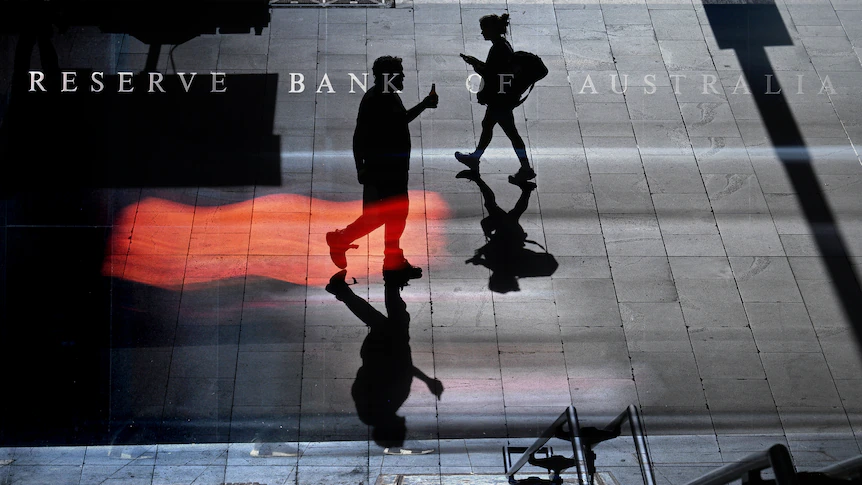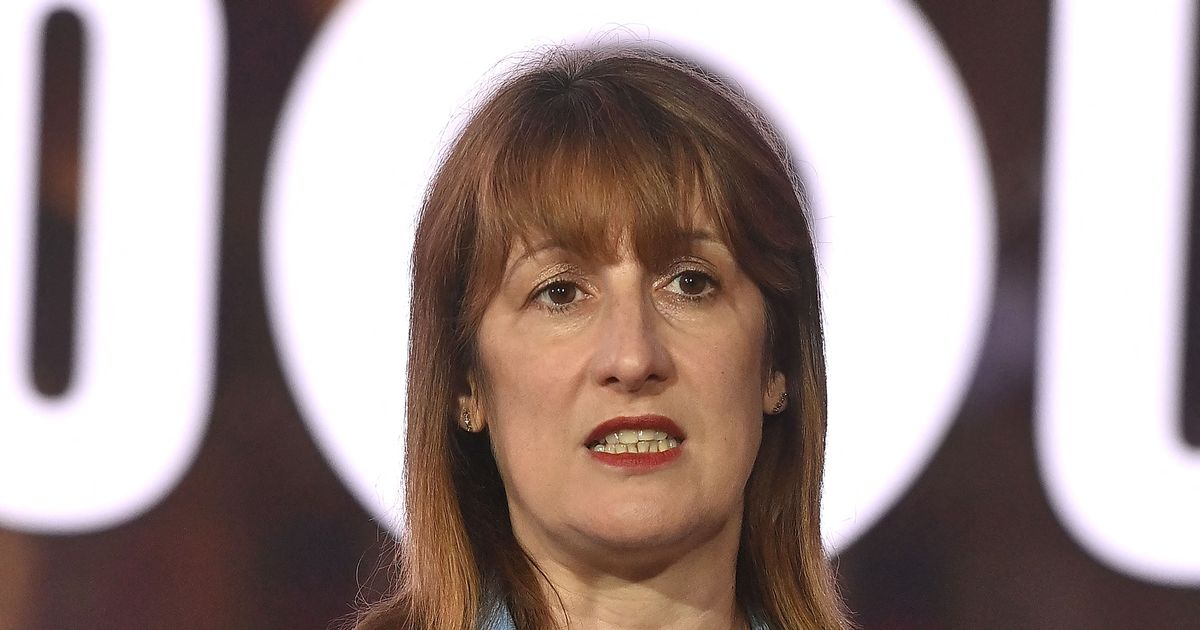Copyright Screen Rant

One Battle After Another is doing everything right. Warner Bros. executed what turned out to be a genius release strategy, skipping the fall festivals but setting the first press screenings almost directly after they finished, and the movie quickly sucked up all the oxygen. Reviews have been exceptional – the best of any movie all year, according to Metacritic. And it's been well-received enough by general audiences to remain in the conversation, only gathering steam as it goes. Paul Thomas Anderson's film emerged quickly as a potential frontrunner, challenging both Sinners and Hamnet, which was looking to be pulling away from the competition early before. After the Gothams kicked awards season off by making One Battle After Another the most-nominated movie, despite surely foreseeing the grumbling over the supposedly indie-focused body honoring a big-budget studio production that followed, signalled that it's now taken the lead spot. The only potential knock against it? The cost. Box office success isn't a prerequisite for Academy attention, but especially at a time when the industry is hurting, a bad narrative around the financial performance can do some harm. Some of this year's Best Actor candidates are going to find out what it's like to campaign when people are talking more about their movie's box-office failure than their performance. If One Battle After Another really ends up a Best Picture frontrunner, any weakness could be exploited for some suspiciously timed bad publicity. But the film is about to shut this particular narrative down. One Battle After Another Is Changing Its Box Office Story At the beginning of this year, the story of WB's movie slate was costly risk. After Bong Joon Ho's Mickey 17 (a great movie, if I may say so myself) didn't deliver on its $118 million budget, there was a lot of handwringing about new studio chiefs Pam Abdy and Mike De Luca having given Ryan Coogler $100+ million for Sinners and Paul Thomas Anderson $140+ million for One Battle After Another. Sinners quieted its naysayers pretty quickly, but PTA wasn't quite as lucky. As a worthy debate ensued on social media about whether this movie's profitability should matter – shouldn't the reason studios make A Minecraft Movie and Superman be to spend some of those profits on big swings from talented artists? – stories were running about the film likely losing $100 million at the box office. So far, One Battle After Another's momentum has been strong enough to surge past any bad press. But wouldn't it be better if it didn't have to? Last week, a report from Deadline claimed the film's break-even point actually "remains in the low $200M range, not the $300M that’s been put out there." Given the reported budget, that's hard to believe, but if it's true, the movie's getting pretty close already. After holding well internationally, its global total is over $190 million, and its awards buzz will only power it forward. Whenever it hits VOD, it'll likely do good business, and with a much higher percentage direct to the studio. When it hits streaming, especially if it racks up several Oscar noms, it'll likely do well again. The point isn't really whether One Battle After Another will actually break even – the decades-old magic of Hollywood accounting means we'll probably never know that for sure, anyway. What matters is whether how people talk about the movie's box office changes, and this report is pushing things in the right direction. If the break-even point becomes dubious, what gets talked about instead? Probably that this is PTA's highest-grossing film worldwide by more than double. Or that it's going to cross $200 million worldwide as an auteur-driven, adult-targeted original in an especially challenging marketplace. Or that a film like this, which is much more likely to retain its value by becoming something people revisit over time, should be looked at with a lens longer than its initial box office run. One Battle After Another is so good that people are itching not to have to reduce it to its financial performance, and when the movie crosses the $200 million milestone, it'll have given them enough reason to let that narrative fall away. And it certainly helps that Warner Bros. was reportedly so comfortably in the black this year that they could afford to delay Mortal Kombat 2 to shore up 2026's slate. If the box office conversation falls away, there will be nothing left holding this film back. It remains to be seen whether other campaigns will locate any chinks in its armor to exploit (à la The Brutalist's AI controversy), but if all the discussion shifts to how Anderson has never won an Oscar or whether it can sustain multiple acting nominees in the Supporting categories, it'll only continue to cement itself in the frontrunner spot.



